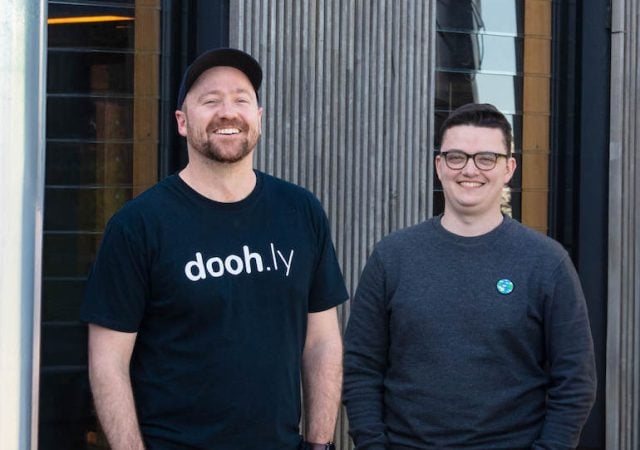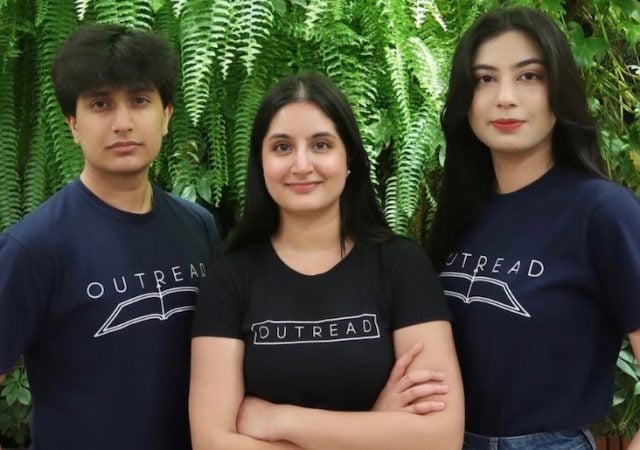What does an Angel Investor mean to a founder?
In many cases, angelic is an apt description. They often give a founder’s startup dream life and the opportunity to become a real company.
But often it is so much more than money. When I cofounded WithYouWithMe, some of our angel investors provided so much more than capital.
They were a sounding board passing on their wisdom and as first time Founders helping us learn from their lessons often without having to go through the pain they did.
And the most valuable angels? Ex-founders and entrepreneurs who had been on the journey before.
But if the Aussie government gets their way with the proposed changes to the sophisticated investor rules, that advice and wisdom may be harder to come by.
A lot has been written this week about the proposed changes, in particular some great takes from Cheryl Mack, Alan Jones and Simon Thomsen in Startup Daily.
But as a former founder now helping startups scale, the area I’m worried most about (which I doubt the Government has even considered) is the impact on startup founders and operators being able to reinvest back into the ecosystem.
A lot of founders come to us at KC Ventures to help provide them with a sophisticated investor certificate.
Often the wealth of a founder is almost entirely tied up in their company which can be a complex situation to assess. Accountants who don’t understand startups avoid this with a 10ft pole.
Why is it complex?
- Few founders I know pay themselves more than $250,000 (the sophisticated investor investment threshold) unless they are in a much later stage startup, ruling them out of the income test.
- Often the vast majority, if not all, of their wealth is tied up in the company, meaning to pass the $2.5 million asset test an accountant needs to assess that the founder’s shares in the company are worth more than the threshold.
- Sometimes this is simple using recent priced rounds, but as we all know the cap raising game has changed. More companies are using SAFE notes which don’t price a round. There’s also many more rounds involving preference shares (which are very rarely the founder’s class of shares) which make it even more difficult to value different share classes even with priced rounds.
All of these factors mean accountants need to run what is close to a full blown valuation on a startup in order to feel comfortable passing the founder using the asset test. The bump the sophisticated investor test to $4.5 million, as is being suggested, will make accountants even less inclined.
The importance of angels
Then we get to the issues with startup operators being locked out of the angel ecosystem.
I’ve spent a bit of time in the US and one of the things which makes Silicon Valley unique is its Angel network.
There are funds all over the world, but few locations have been able to build out an angel network which is driven from former founders and operators investing back into the ecosystem.
This has taken 3-4 decades and many startup cycles to build in the Valley, and Australia is only now starting to see operators from companies like Atlassian and Canva cycle back into the ecosystem.
It came out this month that Canva’s early investors and employees are set to sell $1.5 billion in secondary shares. Amongst the big winners from this there will be some early-ish engineers or ops employees who had a modest ESOP and will take home a life-changing amount of money, but for some after capital gains taxes it may be less than $4.5m.
Are we saying that these individuals should not be allowed to reinvest this money back into the ecosystem?
I’d struggle to think of many who I would consider more ‘sophisticated’ to understand the risks of investing in early-stage companies.
While the policy is well intentioned in stopping those without the financial expertise investing in risky schemes they don’t understand, no one has stopped to think about the unintended consequences for the startup sector.
There are people much wiser on the topic than me who have suggested much more reasonable solutions which don’t set the startup space back just as it’s starting to get real momentum.
I’d implore the government to take note.
* Luke Rix is the CEO and cofounder of KC Ventures , which helps Aussie startups scale.




















Trending
Daily startup news and insights, delivered to your inbox.